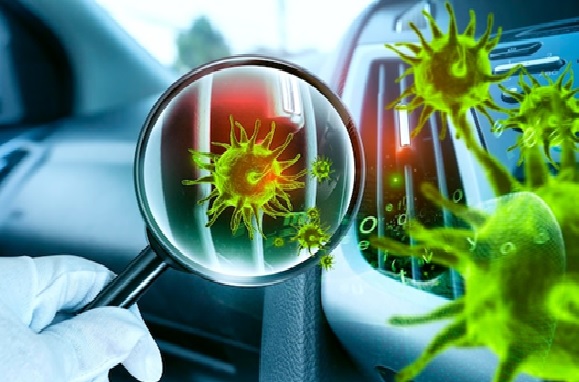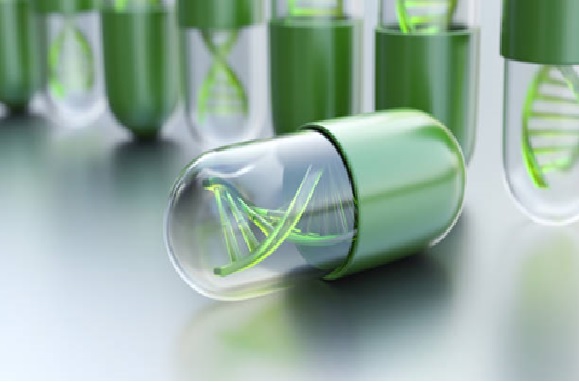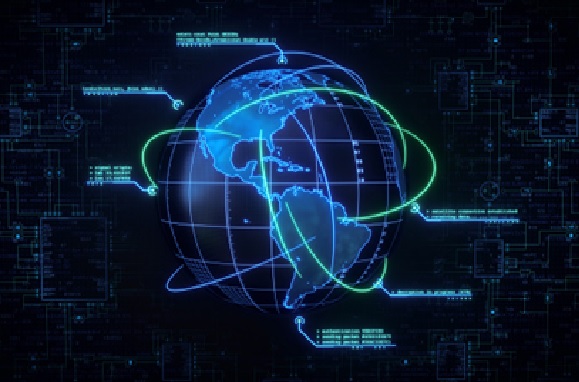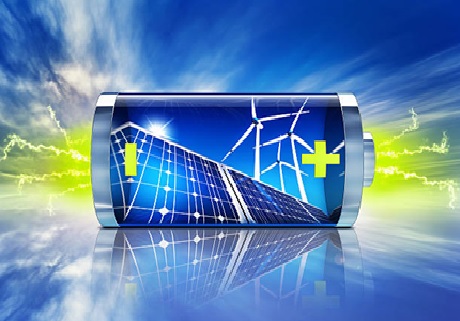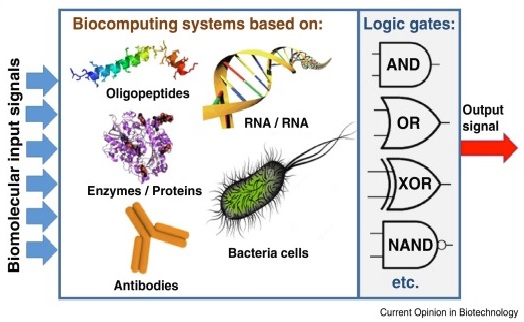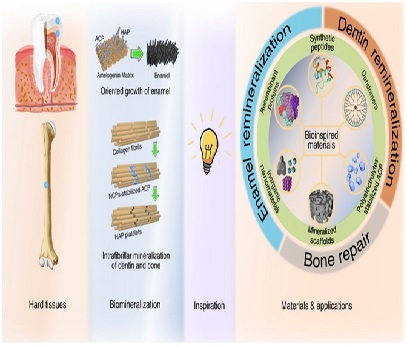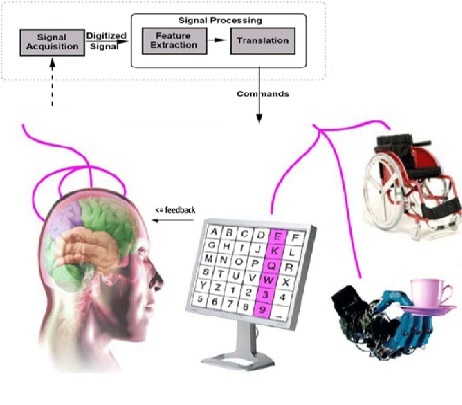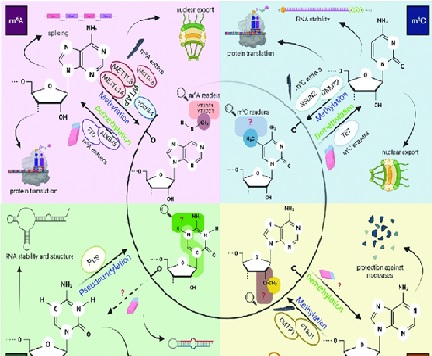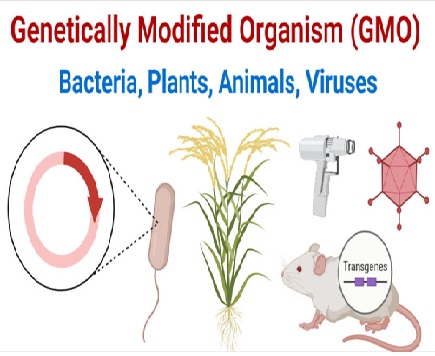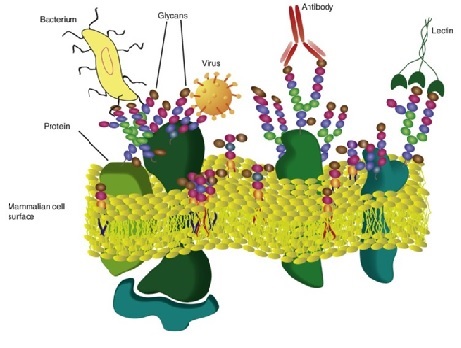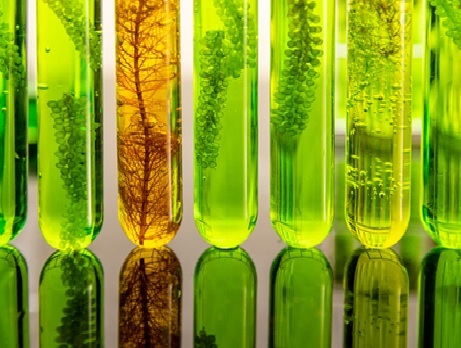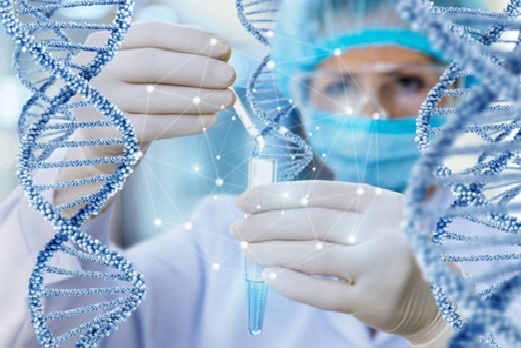Biotechnology and Water Resources
Biotechnology has the potential to play an important role in the management and conservation of water resources. Water scarcity and water quality degradation are significant global challenges, and biotechnology offers a range of solutions for addressing these issues.
Biotechnology has immense scope for application in the water and wastewater industry. This report analyses the role of efficiently employed white biotechnology in water and wastewater treatment (for potable, domestic, and discharge purposes) in municipalities, industries, and residential sectors. It also discusses possible biotechnological improvements to key Mega Trends influencing the industry. Global biotechnology hubs that employ white biotechnology for water and wastewater treatment, and major companies operating in this market have been highlighted in this report. Furthermore, several successful case studies on efficient implementation of biotechnology in water and wastewater treatment have been discussed in detail.[1]
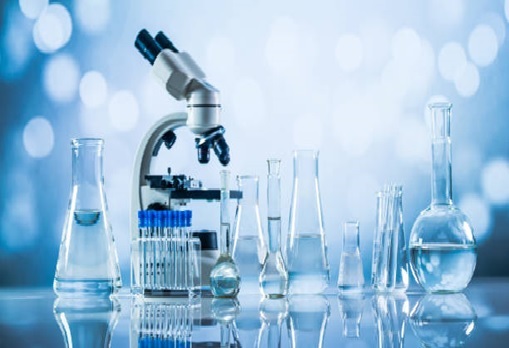
Figure 1.Biotechnology and Water Resources
Figure 1 shows One way in which biotechnology can contribute to water management is through the development of water treatment technologies. Biotechnology can be used to develop new and more effective methods for removing pollutants from water, such as heavy metals, organic compounds, and nutrients. Biotechnology can also be used to develop new bioremediation technologies that can help clean up contaminated water sources.
Biotechnology can also be used to promote sustainable agriculture and reduce the impact of agriculture on water resources. For example, biotechnology can be used to develop crops that are more resistant to drought and salinity, which can help reduce the amount of water needed for irrigation. Biotechnology can also be used to develop more efficient fertilizer technologies that can reduce nutrient runoff and pollution of waterways.
In addition, biotechnology can be used to develop new technologies for monitoring and managing water resources. Biotechnology can be used to develop sensors that can detect pollutants and other contaminants in water sources, as well as models for predicting water quality and availability. Biotechnology can also be used to develop new technologies for desalination, which can help increase the availability of freshwater in regions affected by water scarcity.
Overall, biotechnology offers a range of solutions for addressing the complex challenges associated with water resources management and conservation. By investing in biotechnology research and development, we can unlock new technologies and innovations that can help promote sustainable water use, protect water quality, and reduce the impact of human activities on water resources.
References:
- https://store.frost.com/biotechnology-mega-trends-in-the-water-and-wastewater-industry.html
Cite this article:
Janani R (2023),Biotechnology and Water Resources, AnaTechMaz, pp.150


